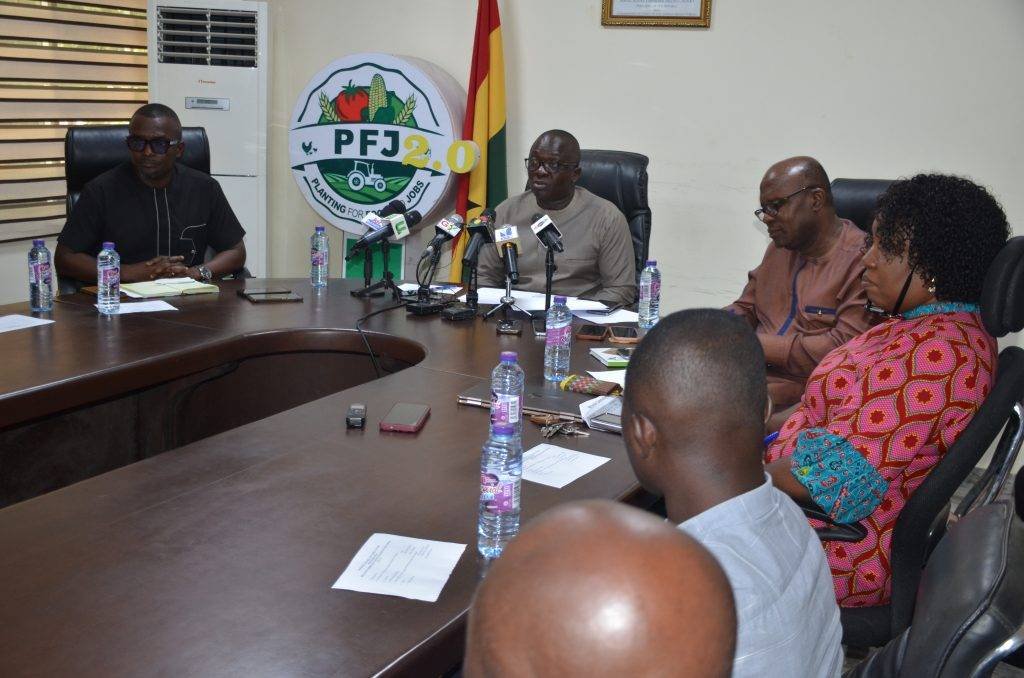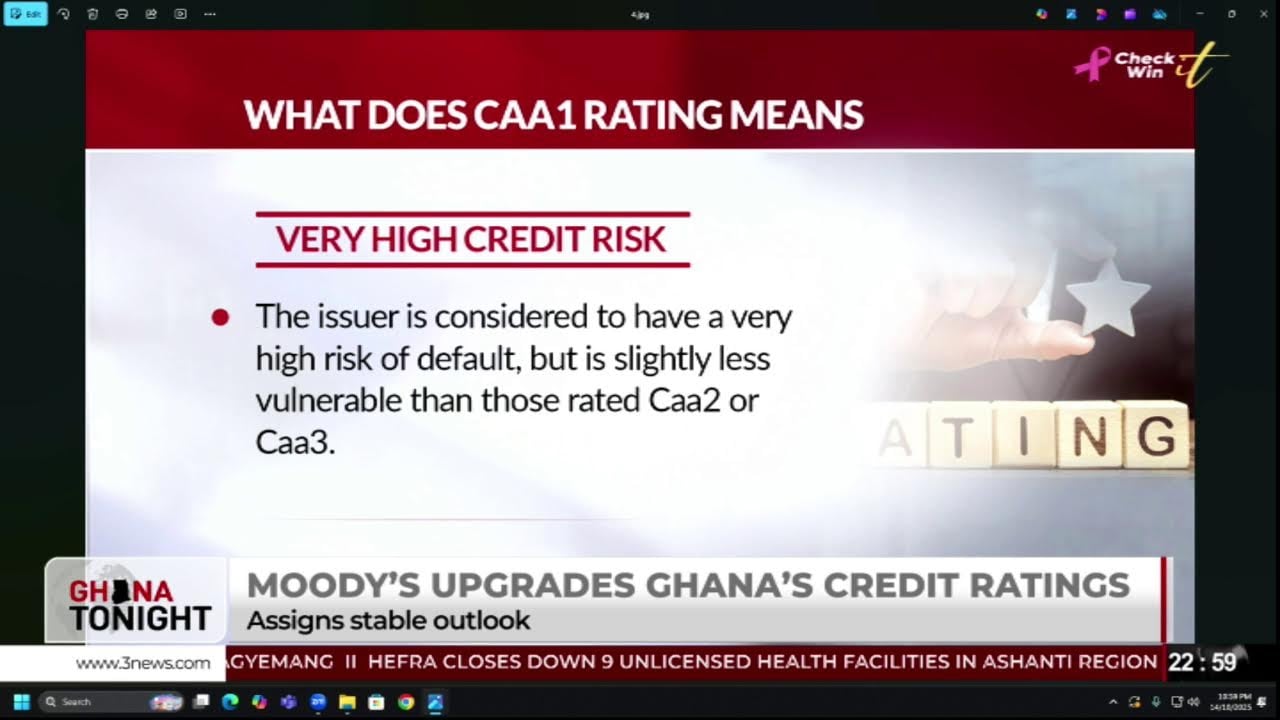
Effective June 1, 2019, the Ministry of Food and Agriculture (MoFA) would temporarily suspend the export of four vegetables - Capsicum, Solanum, Luffa and Leafy vegetables - to the European Union (EU) markets.
The Minister for Food and Agriculture, Dr. Owusu Afriyie Akoto, who announced this at a press briefing in Accra, Wednesday, noted that the temporary suspension, which would last for six weeks, was in the nation's interest.
He explained that the deferral of the vegetable export was an internal decision that reflected a zero tolerance for mediocrity and poor quality assurance systems as well as to improve the integrity of the regulatory system and ensure conformity to international standards.
The Minister said MoFA was particular about the level of rejection of Ghana's vegetables locally because of its ramifications for her economy.
The rejection, he added, was a threat to the success of the greenhouse technology under the Planting for Food and Jobs initiative, undermined the objective of promoting entrepreneurship in high-value vegetable production and marketing and a significant foreign exchange loss to Ghana.
According to Dr. Akoto, in October 2015, Ghana suffered a major setback in the horticultural sub-sector following an indefinite ban of vegetables from Ghana by the EU to its markets.
The decision was occasioned by the detection of harmful organisms on Ghana's vegetable exports resulting in several notifications from the EU.
The Minister stated that in 2017, MoFA undertook a comprehensive review of the existing plant protection and regulatory system to determine appropriate remedial actions for satisfying the requirements and standards of the EU and the international markets.
In addition, he said an Inter-Ministerial Task Force has been set up to direct and coordinate efforts to improve the regulatory system: the work of Task Force was rewarded with the lifting of the ban in January 2018.
Dr. Akoto disclosed that from January to May 2019, 120 vegetables were rejected at the local inspection points as compared to 149 rejections in 2018, while 20 vegetables were rejected at the international level from January to May 2019 compared to 53 rejections in 2018.
He stressed that the condition for lifting the ban was contingent on the ability of Ghana to meet the phytosanitary requirements of the EU, which include the building of the skills of inspectors, provision of essential equipment, training of exporters and improving the environment for inspection amongst others.
'To a large extent these measures improved the phytosanitary conditions as the number of notifications from the EU was reduced from 149 in 2015 to 53 in 2018', he said.
Dr. Akoto assured that action would be taken to overhaul the existing system to ensure 100 percent compliance and conformity to international standards so that vegetables from Ghana would never be rejected on the international market.
The Minister outlined some measures to be implemented immediately by MoFA to ensure the needed reforms for the improvement of the phytosanitary system -- progressive upgrading of the manual traceability system into a full electronic traceability system, improving the overall inspection along the value chain; from the farm to the pack house to the point of exit.
The rest are the assignment of two Plant Protection and Regulatory Services (PPRSD) staff to each member of 100 identified vegetable exporters in Ghana, inspection, classification and publication of standard pack houses and piloting of an e-quality assurance vegetable production system for export.
Source: ISD (Doris Sodjah & Aliyah Bayali)
Read Full Story


























Facebook
Twitter
Pinterest
Instagram
Google+
YouTube
LinkedIn
RSS